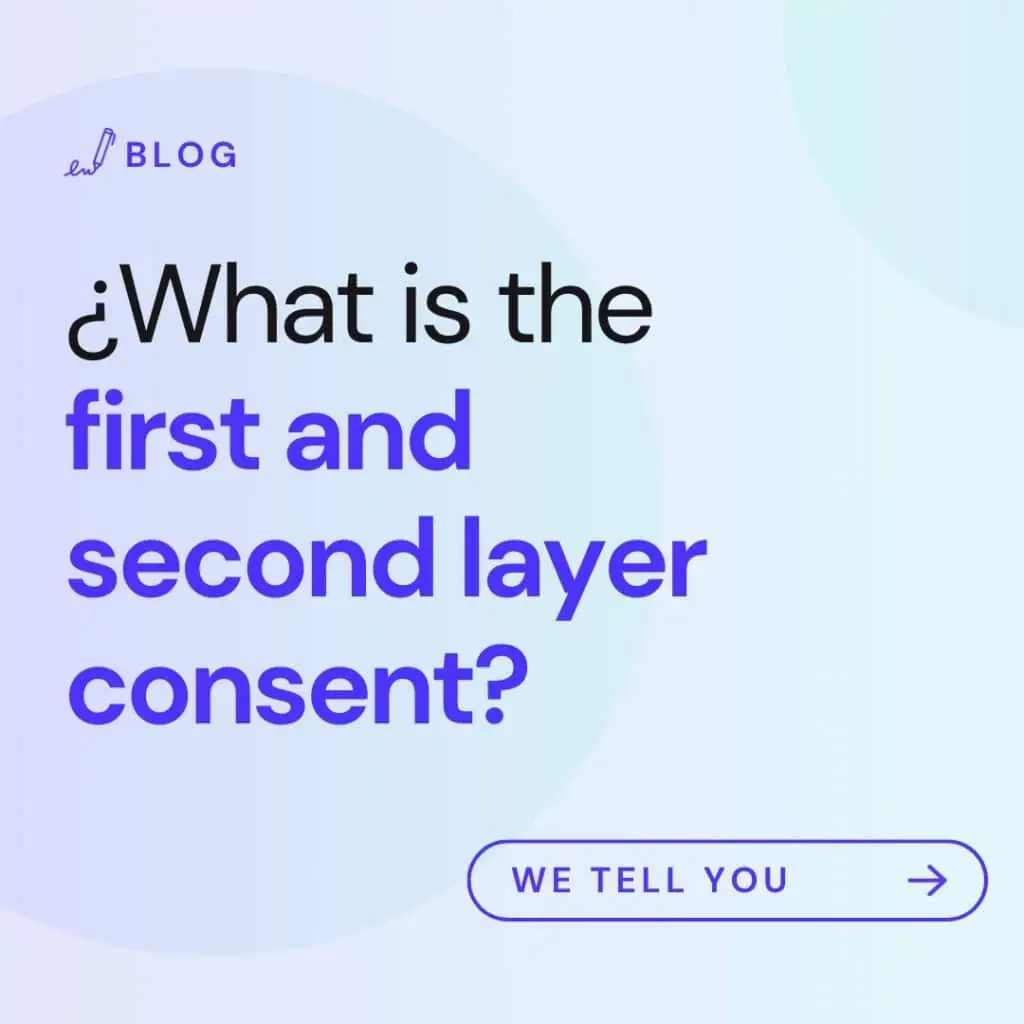

Since its entry into force in 2010, the Federal Law on Protection of Personal Data Held by Private Parties (LFPDPPP) has become a cornerstone of data protection regulation in Mexico. If your company runs an online store or a website that collects personal data from users in Mexico, this law applies to you. This guide explains what the law requires and how to achieve compliance for eCommerce step by step.
The LFPDPPP is a federal law that regulates how private entities collect and process personal data in Mexico. It aims to protect individuals’ privacy rights, as established in Article 16 of the Mexican Constitution.
The law applies to all individuals or private entities that process personal data for professional or commercial purposes in Mexico.
Practical example: If you run an online store where users create accounts or sign up for your newsletter, you are required to comply with the LFPDPPP and display a clear privacy notice and privacy policy.
According to Article 3, Section V, personal data is “any information concerning an identified or identifiable natural person.” Examples include:
Sensitive personal data (Article 3, Section VI) — such as health conditions, religious beliefs, or sexual orientation, require enhanced data protection and explicit consent.
Here are the main obligations established by the LFPDPPP and its Regulation:
1. Privacy notice
You must provide a clear and accessible privacy notice at the point of data collection. It must include the purpose of data processing, contact details of the data controller, and how users can exercise their rights.
Reference: Article 15 LFPDPPP and Article 26 of the Regulation
2. User consent
You must obtain the data subject’s consent before collecting their personal data, unless an exception applies.
Reference: Articles 8 and 10 LFPDPPP
Example: Include an opt-in checkbox for users to consent to receiving marketing emails. Here it’s also crucial to use a cookie banner and possibly a cookie plugin for proper tracking.
3. ARCO rights (Access, Rectification, Cancellation, Opposition)
Users have the right to access, correct, delete, or oppose the use of their personal data. Your site must offer a way to exercise these rights, such as a dedicated ARCO request form.
Reference: Articles 22 and 29 LFPDPPP
4. Security measures
You must implement administrative, technical, and physical safeguards to protect personal data from loss, unauthorized access, or alteration.
Reference: Article 19 LFPDPPP
5. Data breach notification
If a security incident affects users’ personal data, you are legally required to notify the affected individuals.
Reference: Article 20 LFPDPPP
Complying with the LFPDPPP means being transparent, obtaining valid consent, and protecting all personal data you collect through your website. In practice, this requires:
Failure to comply with the LFPDPPP can result in significant fines and reputational damage. Sanctions can reach up to 320,000 times the minimum daily wage, depending on the severity of the violation.
Lawwwing is a legaltech platform that automates compliance with digital regulations such as the LFPDPPP in Mexico, GDPR in EU, or CPRA in California, USA.
With Lawwwing, you can:
All from one simple dashboard, with automated legal support and compliance monitoring — no legal background needed.
The LFPDPPP is mandatory for any business collecting personal data in Mexico. More than a legal obligation, compliance is an opportunity to build user trust and a stronger brand.
If you haven’t updated your website yet, now is the time. Lawwwing makes compliance for eCommerce fast, easy, and automatic.
Make it easy. Make it legal. Make it with Lawwwing.